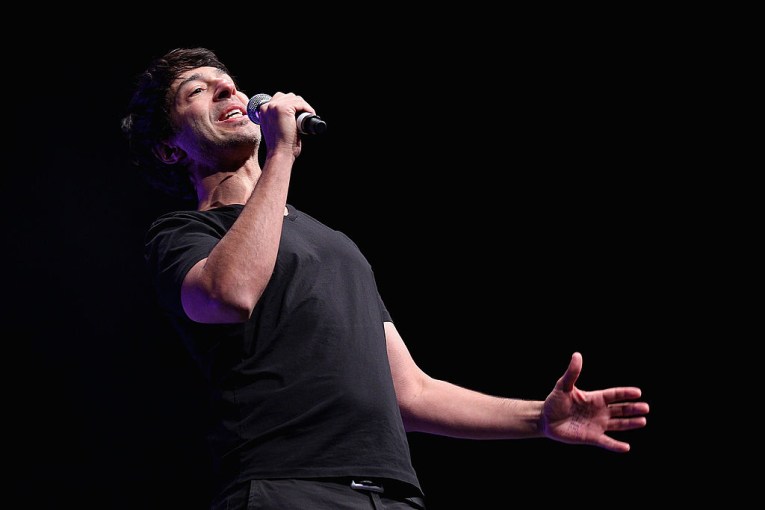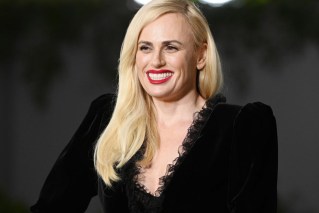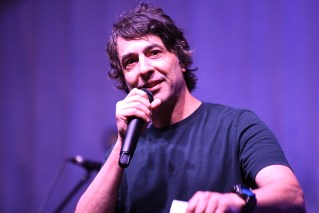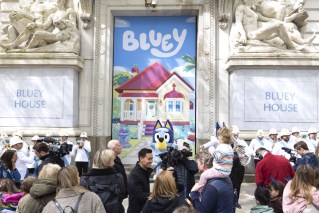Renowned Australian actor and dancer David Dalaithngu dies, aged 68

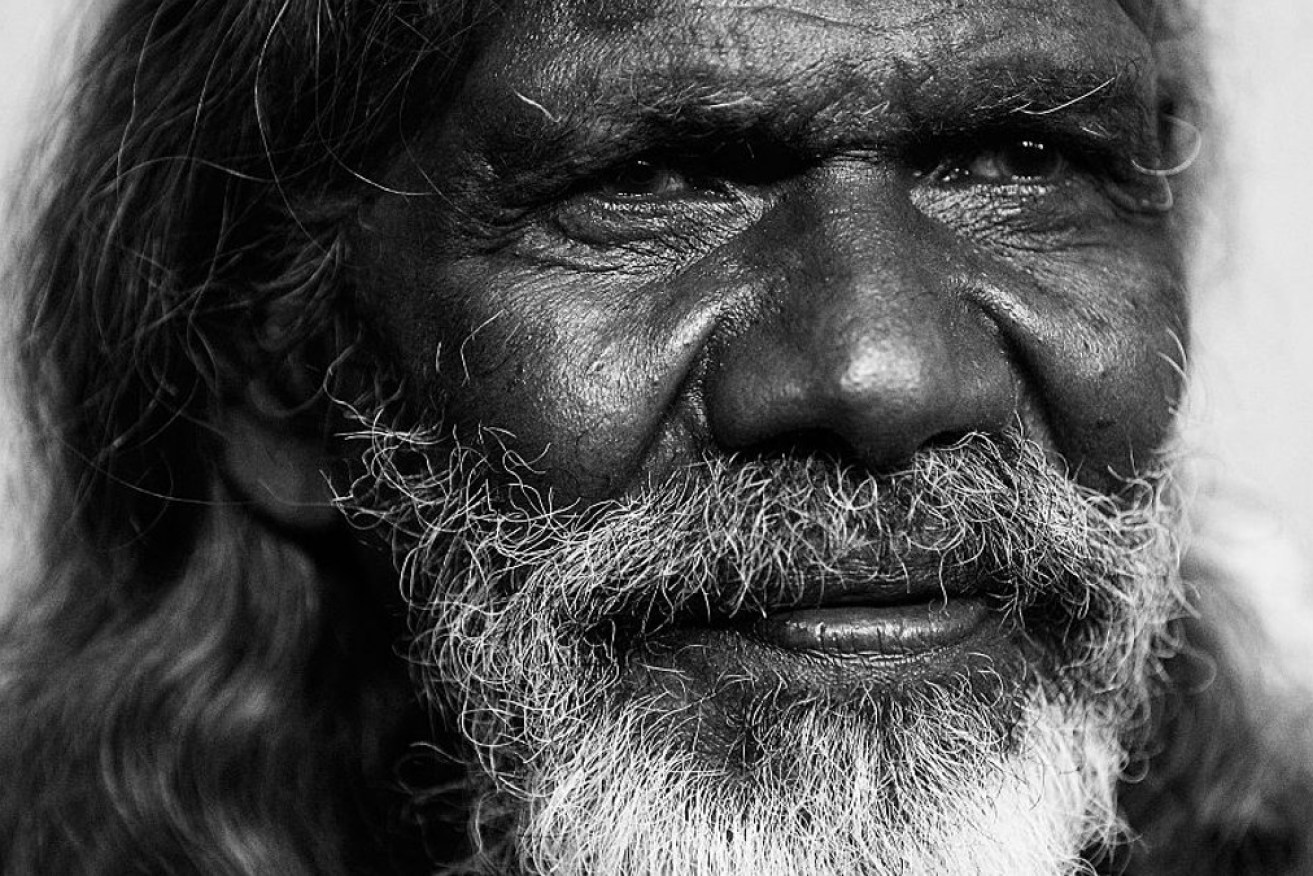
Indigenous actor David Gulpilil, who was born in Arnhem Land and became one of Australia’s most accomplished talents, has died aged 68.
The actor’s family has requested he be referred to as David Dalaithngu.
From his breakout role as a teen in Walkabout, to his famous turn in Crocodile Dundee and acclaim for Rabbit Proof Fence and Ten Canoes, Dalaithngu’s acting career spanned 50 years.
Walking two cultures, award-winning Dalaithngu transformed Australian cinema and introduced the world to Aboriginal culture, often highlighting the relationship between First Nations people and settlers.
A Yolŋu man, from Ramingining in Arnhem Land, and a member of the Mandjalpingu, he was born David Gulpilil Ridjimiraril Dalaithngu and was raised in traditional ways.
In his later years he was a resident of Murray Bridge and was diagnosed with lung cancer in 2017.
South Australian Premier Steven Marshall paid tribute to the actor, who was also a brother, son, friend, father, grandfather and husband, in a statement late on Monday.
Incredibly sad to hear this news 💔
Vale David Gulpilil.
One of our greatest. What an incredible legacy you leave https://t.co/z8TfcX0G34
— Nakari Thorpe (@nakarithorpe) November 29, 2021
“It is with deep sadness that I share with the people of South Australia the passing of an iconic, once-in-a-generation artist who shaped the history of Australian film and Aboriginal representation on screen – David Gulpilil Ridjimiraril Dalaithngu (AM),” Mr Marshall’s statement said.
“An actor, dancer, singer and painter, he was also one of the greatest artists Australia has ever seen.”
https://twitter.com/jdrrr/status/1465283163643465730
Born on July 1, 1953, Dalaithngu grew up among the Yolngu people, far from the white man’s world, becoming a skilled tracker, hunter and ceremonial dancer.
It was his ability as a dancer that gave him his big break as a 16-year-old. It brought him to the notice of visiting British filmmaker Nicolas Roeg, who handed him a leading role in the 1971 movie Walkabout.
The film and Dalaithngu were smash hits, and the actor travelled the world to promote the film, meeting famous entertainers such as John Lennon and Bob Marley along the way.

A scene from the film Walkabout. Photo: Getty
He went on to star in a string of Australian box office hits including his “favourite” Storm Boy in 1976, The Last Wave a year later, Crocodile Dundee in 1986 and Rabbit-Proof Fence in 2002.
He also appeared in Baz Luhrmann’s Australia in 2008 after acclaimed performances in arthouse films got his stalled career back on track.
They included the 2002 movie The Tracker, which he considered his “best film,” portraying the relationship between white and Indigenous men in the early 1900s.
There was also Ten Canoes in 2006, which showed Aboriginal culture before white settlement, and Charlie’s Country in 2013, which followed the demise of an Indigenous man.
The low-budget Ten Canoes, based on a traditional tale of love and revenge, won him a special jury prize at the Cannes Film Festival for best actor in innovative filmmaking.
Variety described him as “an actor capable of mischievousness and gravitas, often within the same shot” and Screen International said he had crowned his career with “a mesmeric portrait”.

With Nicole Kidman and Hugh Jackman at a press conference for the movie Australia. Photo: Getty
Dalaithngu was appointed a Member of the Order of Australia in 1987 and was awarded the Centenary Medal in 2001. In 2005 he was named Northern Territory Australian of the year.
Twice he received the Australian Film Institute award for best actor in a leading role, for The Tracker and Charlie’s Country, and was nominated for best-supporting actor for Rabbit-Proof Fence.
He was nominated for a Helpmann Award in 2004 for best male actor in a play for the production Gulpilil.
He was also celebrated in art when Craig Ruddy’s portrait of him won the 2004 Archibald Prize.
But along with the accolades came problems with alcohol and depression, and a string of court appearances that landed him in jail twice.

Artist Craig Ruddy painted this Archibald Prize-winning portrait in 2006. Photo: Getty
For a man who defined Indigenous Australians in movies for half a century, it seemed fitting that Dalaithngu’s last known public farewell was delivered on film.
“Thank you very much for watching me,” the 66-year-old actor said in a 2019 video after receiving a lifetime achievement award from NAIDOC, the National Aborigines and Islanders Day Observance Committee.
“Never forget me. While I am here, I will never forget you. I will still remember you, even though I am gone forever, I will still remember,” said the actor, whose daughters Phoebe and MaKia accepted the award on his behalf in Canberra, revealing he had lung cancer.
“One day soon he will go to the Dreamtime,” said Phoebe Marson, fighting back tears.
-with AAP
